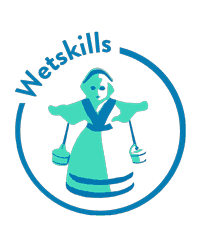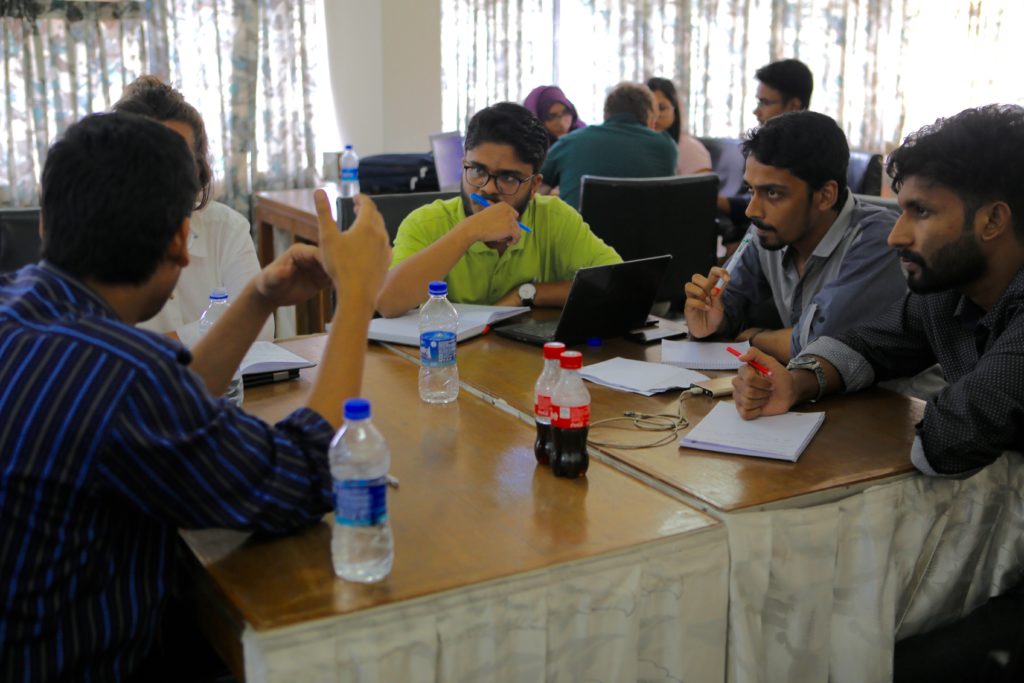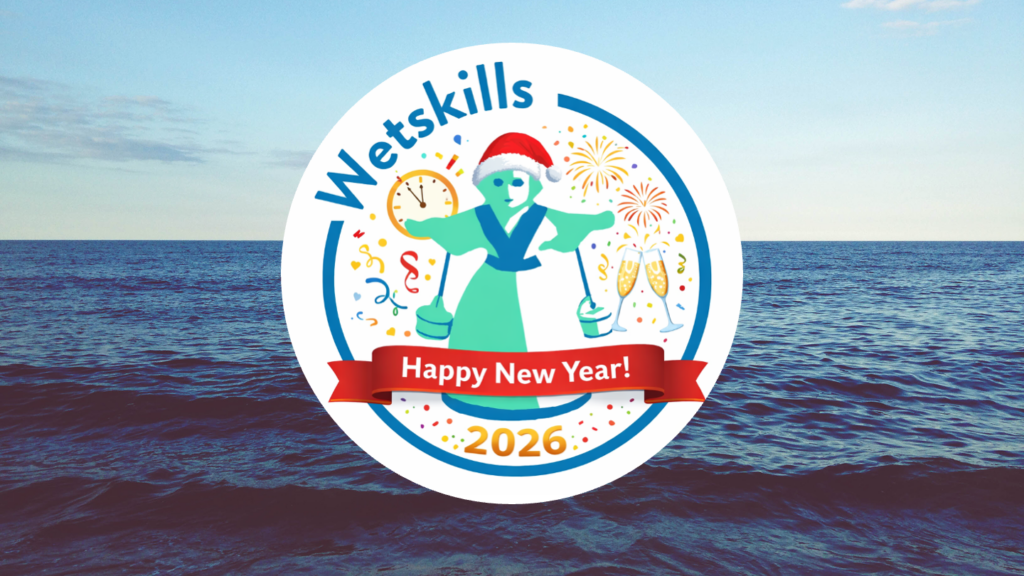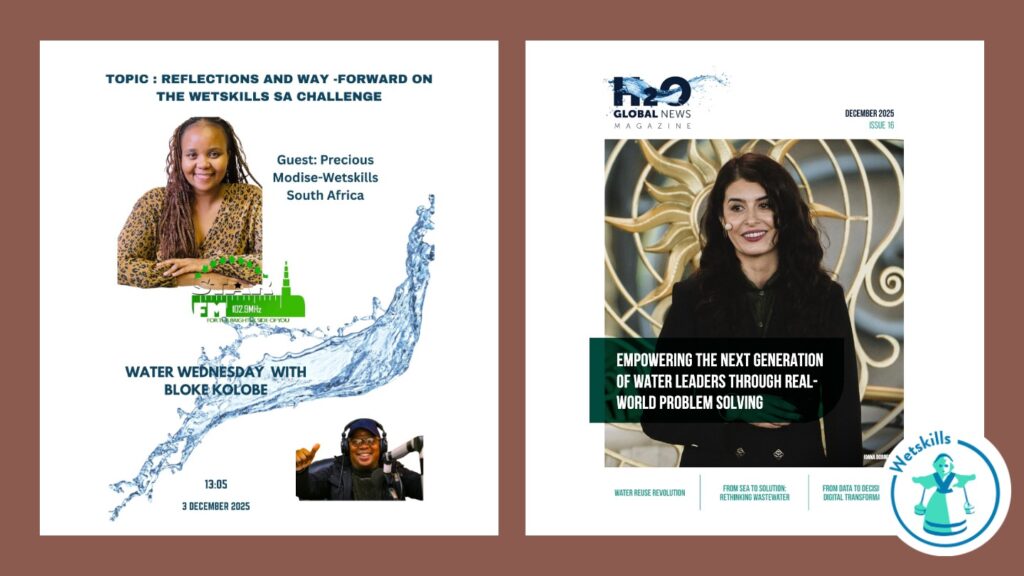By A.K. Azad
BrainHurricane event is a totally new approach to me. But it’s very interesting. At first, I had no interest in it. But when the 1st discussion was over I realize that me, as well as my group, got many new things within 12 minutes. Then my curiosity was increased. In a 2nd discussion, I started to ask more question. We asked about the study area, about the local people’s lifestyle, livelihood, their emotion, weak point, strong zone, political influence, etc. As we have a very short time to a study about study area characteristics, geology, flood type, exposure percentage, and we have a limited time to read out the related case study to know the possible method and solutions, so we had got many examples of related case studies, probable approach of working method, convincing process of local people, and the possible solutions of the problem. Dr. Amin said to us about the local political involvement and the convincing process. Hans gave some information about different types of latrines. Williams said the whole project clearly. Dr. Sara shared the vulnerability of gender in the flood period. Actually, in flood-affected areas women, children and disabled people are the main sufferers. If gender issues are not considered or gender friendly plan is not implemented, there’s a large possibility to fail of any project. We have gained a lot of knowledge.
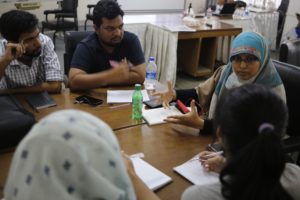
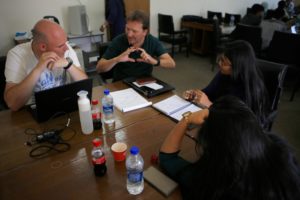
In the last moment of BrainHurricane, I thought that if the time is more than 12 minutes than it is better for us to know so many things which are helpful for our study.
So, I think it is important to do BrainHurricane event in this type of program. But time limit is a barrier to know everything clearly. But frankly speaking, Brainhurricane is a very enjoyable event for me. I really appreciate the organizer for including this event in this Wetskills program.
Photos by Nynke Schaap
